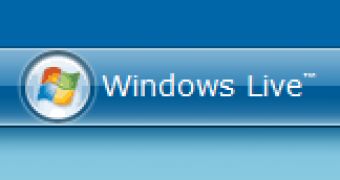At the debut of October, Microsoft was beginning to wrap up with the next stage in the evolution of its Windows Live suite of platform and services. Stepping up the Windows Live game is a move designed to impact Google's domination on the search engine market but also to grow Microsoft's online platform. In the end, it all comes down to control over the Internet audience and the inherent advertising market. Still, the next generation of Windows Live did little to help Microsoft against Google. According to statistics made available by Nielsen Online, the Redmond company is trailing the Mountain View-based search giant in terms of both Parent Company and Brand.
Google attracted in October a unique audience of approximately 121 million visitors, with each person spending online an average of one hour and a half. Microsoft is the runner-up, just short of 120 million but with a Time per Person of over two hours. And Yahoo comes in third in the ranking by Parent Companies with 110 million, but an average time spent online by each visitor of three hours and a half. The overhauling of Windows Live, from the introduction of Live Search 2.0 to a new version of Windows Live Messenger 8.5, did not boost Microsoft into the position of top parent company. As a matter of fact, the reverberations of the next wave of Windows Live services and products were little felt on the market, as the top three Parent Companies in October are the same as in the previous month.
When brand value is considered, Yahoo and Microsoft swap places, with Google accounting for some 115 million visitors and a Time per Person of one hour. Yahoo is now in second position with 109 million users and a Time per Person of three hours and a half. The Redmond company managed for yet another month to come in third and fourth with the Microsoft and MSN/Windows Live brands, attracting an audience of 96 million and 93 million, respectively. "A parent company is defined as a consolidation of multiple domains and URLs owned by a single entity. A brand is defined as a consolidation of multiple domains and URLs that has a consistent collection of branded content", revealed Nielsen Online.

 14 DAY TRIAL //
14 DAY TRIAL //